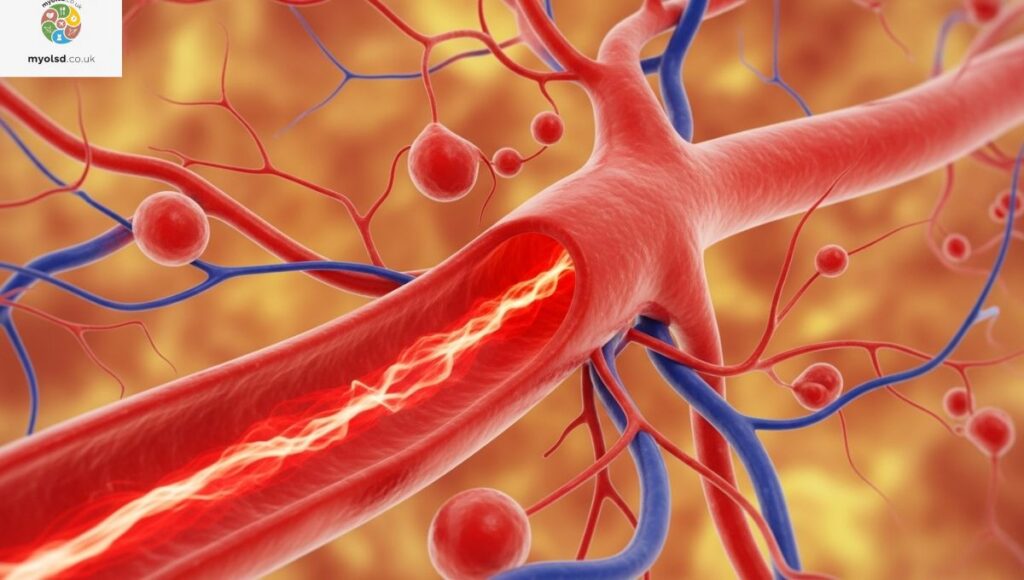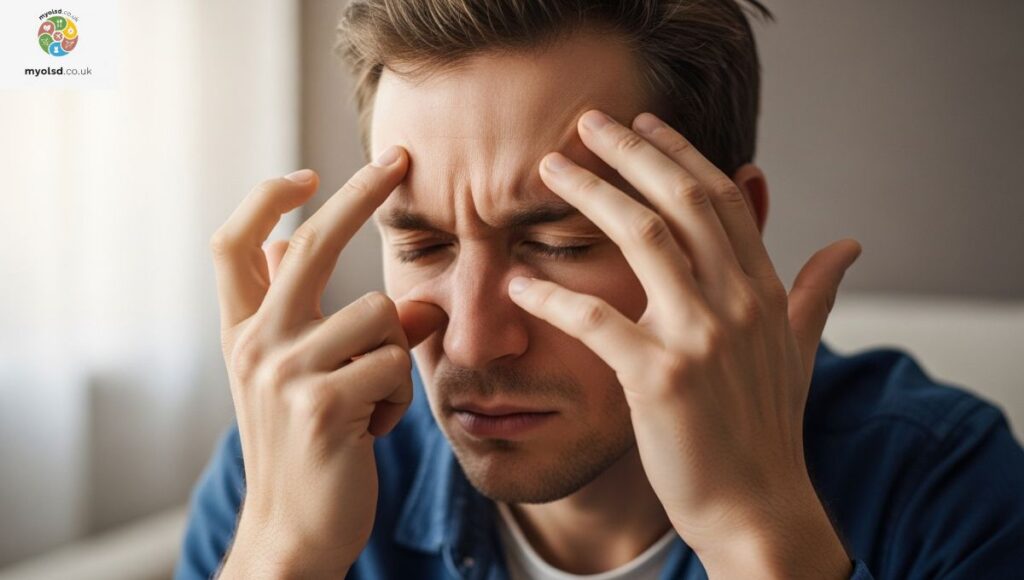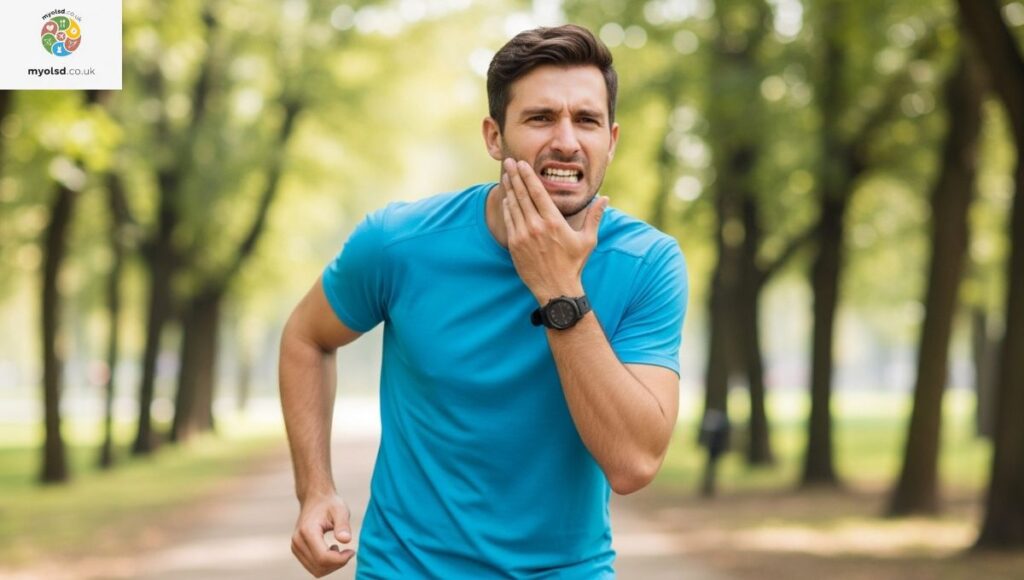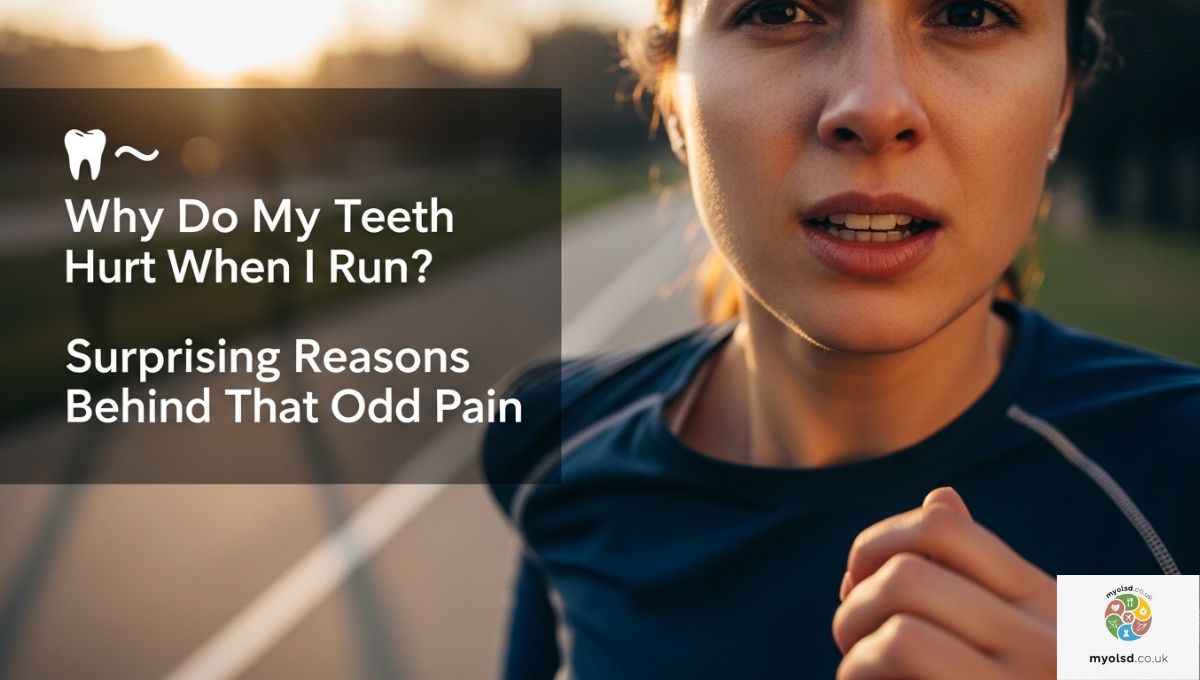Ever been halfway through your morning jog and suddenly felt a weird, pulsing ache in your teeth? You’re not imagining it; it’s a real thing many runners experience. That sharp or dull pain can make you wonder, Why do my teeth hurt when I run? It’s frustrating, confusing, and can take the joy out of an otherwise refreshing workout.
The truth is, tooth pain while running is more common than most people think. Whether it’s because of sinus pressure, cold air, jaw tension, or underlying dental issues, the reasons are usually fixable. This article explains why it happens, how to prevent it, and when to see a dentist so you can get back to running pain-free.
1. Increased Blood Flow

When you exercise, your heart rate and blood flow naturally increase, which is a good thing for most of your body, but it can sometimes trigger tooth pain. The added blood pressure can make inflamed or sensitive tooth nerves feel worse, especially if you already have a mild cavity or gum inflammation.
The pulsing ache you feel while running might actually come from increased circulation putting pressure on already irritated dental tissues. In some cases, even old dental fillings or restorations can react to these changes in pressure.
Quick Fix: Stay well-hydrated before and during your run. Proper hydration helps regulate blood pressure and minimizes oral dryness, which often worsens pain.
2. Cavities or Decay
Tooth decay is one of the most common causes of exercise-related tooth pain. If you have a cavity or enamel erosion, running can amplify the discomfort because of vibration and pressure changes in your jaw and teeth. Even small cavities can make your teeth more sensitive to movement, air, and temperature.
This kind of pain usually feels like a dull ache or sharp twinge in a specific area, especially when breathing cold air or when your foot hits the ground.
What helps: See your dentist for an exam and possible filling or crown. Early treatment prevents further decay and eliminates pain triggered by motion.
3. Jaw Clenching
Many runners don’t realize they clench their jaw while exercising, particularly when pushing hard during a sprint or uphill climb. This tension, known as bruxism, can stress your teeth, jaw muscles, and temporomandibular joints (TMJ), leading to pain or soreness after running.
Over time, jaw clenching can cause enamel wear, cracked teeth, and even headaches.
Tip: Try to relax your facial muscles while running. Keep your mouth slightly open and focus on breathing through your nose. If clenching happens even when you’re not aware of it, a custom mouthguard from your dentist can help protect your teeth.
Read more Article: What to Bring When Buying a Car
4. Sinus Pressure

If your upper teeth hurt while running, sinus congestion or inflammation might be the real cause. The roots of your upper molars sit just below the sinus cavities. When you have a sinus infection, allergies, or even seasonal congestion, pressure in the sinuses can push down on these roots, creating referred tooth pain.
Running intensifies the feeling because increased circulation and movement shift sinus pressure around your head.
How to fix it: Try nasal rinses, antihistamines, or steam inhalation before running if you’re congested. If sinus pain persists, visit your doctor. Chronic sinus inflammation may need medical treatment.
5. Improper Exercise Form
Believe it or not, your running posture and breathing pattern can affect your teeth. Poor form, such as running with your head tilted forward, mouth breathing excessively, or tensing facial muscles, can increase jaw tension and trigger discomfort.
Mouth breathing also causes dry mouth, which leads to reduced saliva flow. That means less natural protection for your enamel and more friction on sensitive teeth.
Pro tip: Practice correct running form. Keep your head upright, shoulders relaxed, and lips closed when possible to promote nose breathing.
6. Weather Changes
Cold air is another big trigger for tooth pain during exercise. When you inhale chilly air through your mouth, it hits your exposed dentin or sensitive teeth, causing sudden stinging or throbbing pain. This is especially common in winter or early morning runs.
Simple fix: Wear a scarf or mask over your mouth to warm the air before it enters. And if cold air always bothers your teeth, use sensitivity toothpaste or ask your dentist about fluoride varnish for extra protection.
What Can You Do to Prevent or Relieve Tooth Pain While Running?
You don’t have to stop running, just take care of the underlying causes. Here’s what helps most runners find relief:
- 🧊 Use desensitizing toothpaste to reduce tooth nerve reactions.
- 🦷 Stay hydrated before, during, and after your run to prevent dry mouth.
- 😬 Relax your jaw, check in with yourself mid-run to ensure you’re not clenching.
- 😷 Cover your mouth in cold weather to block chilly air.
- 🍎 Avoid sugary energy gels or acidic sports drinks that can weaken enamel.
- 🪥 Maintain regular dental checkups for early detection of cavities or gum disease.
- 🌬️ Practice nasal breathing to avoid over-drying your mouth and irritating your sinuses.
Read more Article: What to Bring When Buying a Car
When Should You See a Dentist for Tooth Pain While Running?

If the pain keeps happening or feels stronger with each run, it’s time to visit your dentist. Persistent tooth pain can indicate decay, cracked enamel, or nerve irritation that won’t heal on its own.
Your dentist may take digital X-rays to check for cavities, sinus issues, or other dental conditions that might not be visible during a basic exam. Treatment could include fillings, crowns, root canal therapy, or other procedures, depending on the cause.
Read More Like This
If you found this helpful, you might also like:
- 🏃♀️ Why Does My Tooth Hurt When I Jump?
- ❄️ How Cold Weather Affects Tooth Sensitivity
- 😬 Bruxism and Running: Why You Clench Without Realizing It
- 🦷 Tooth Pain vs Sinus Pressure: How to Tell the Difference
Why Trust Our Experts?
This content is written based on insights from dental health professionals, sports medicine research, and verified advice from dentists specializing in exercise-related oral pain. The goal is to give you accurate, practical solutions so you can understand what’s happening in your mouth and fix it effectively.
The Bottom Line

If you’ve been wondering, Why do my teeth hurt when I run? the answer usually points to something manageable like sinus pressure, enamel sensitivity, jaw clenching, or poor running form. The pain is rarely dangerous, but it’s a sign your body and mouth are under stress.
By adjusting your breathing, improving hydration, and checking in with your dentist, you can prevent this strange pain and enjoy running again without discomfort. Remember: healthy teeth make for a healthier, happier runner.
FAQs
1. How do I stop my teeth from hurting when I run?
To stop your teeth from hurting when you run, try breathing through your nose, staying hydrated, and using sensitive toothpaste. If the pain continues, visit a dentist to check for cavities or enamel issues.
2. Why does it hurt my teeth to run?
It may hurt your teeth to run because of sinus pressure, cold air, or clenching your jaw without realizing it. These factors can irritate tooth nerves and cause pain during exercise.
3. Why do my teeth ache when I do cardio?
Cardio increases blood flow and pressure, which can trigger tooth sensitivity if your enamel is weak or your sinuses are inflamed. Mouth breathing during cardio can also dry out your mouth, worsening pain.
4. Can running affect your teeth?
Yes, running can affect your teeth, especially if you breathe through your mouth or clench your jaw. Dehydration, cold air, and sinus pressure can all contribute to tooth discomfort during a run.
5. Should I brush my teeth before running?
You can brush your teeth before running, but wait at least 20 to 30 minutes if you’ve eaten. Brushing too soon after consuming acidic foods or drinks can weaken your enamel.
6. Why do my gums burn when I run?
Burning gums while running can result from dry mouth, dehydration, or mild inflammation. Make sure you’re drinking enough water and maintaining good oral hygiene to reduce irritation.


2485q2
hqrhd2